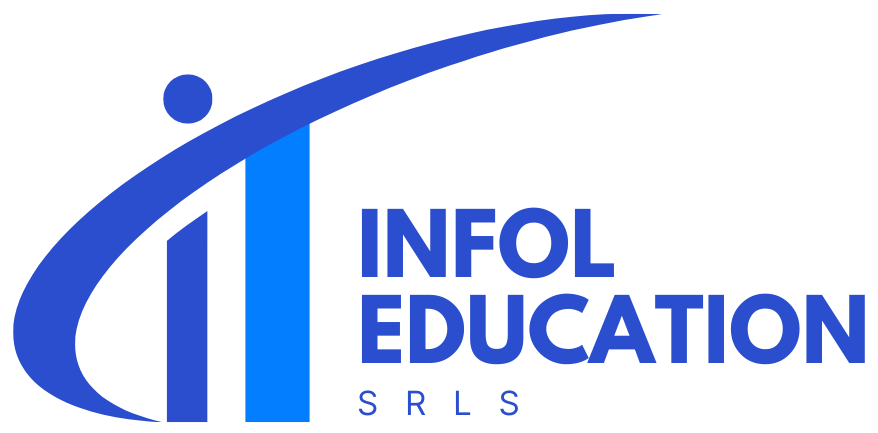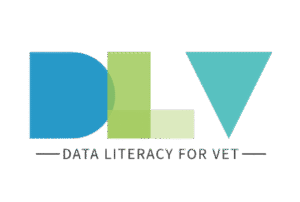In today’s digital age, integrating multimedia tools into education is crucial for enhancing student engagement and learning. The Erasmus training course “Podcasts in the Classroom: Create, Engage, Share” is a cutting-edge program designed exclusively for educators. This comprehensive 20-hour course, spread over five intensive days, aims to equip teachers with the skills and knowledge needed to effectively incorporate podcasts into their teaching practices.
Podcasts offer a dynamic and versatile medium for delivering content, fostering student engagement, and enhancing learning experiences. This course provides educators with a thorough understanding of how to create, utilize, and share podcasts to enrich their classroom environments. Participants will explore the potential of podcasts as a tool for delivering curriculum content, supporting differentiated instruction, and promoting student creativity and collaboration.
Creating Engaging Content: One of the primary focuses of this course is on content creation. Teachers will learn the technical aspects of podcast production, including scripting, recording, editing, and publishing. They will be introduced to various software and tools that facilitate podcast creation, ensuring they feel confident in producing high-quality audio content. Hands-on workshops will guide participants through the entire process, from brainstorming ideas to finalizing episodes, making the learning experience practical and applicable.
Engaging Students: Podcasts offer unique opportunities to engage students in active learning. Through this course, educators will discover how to use podcasts to cater to different learning styles, support auditory learners, and provide an alternative means of content delivery that can enhance comprehension and retention. Participants will learn strategies for integrating podcasts into their lesson plans, using them to supplement traditional teaching methods, and encouraging students to create their own podcasts as a form of expression and assessment.
Sharing and Collaborating: Beyond creation and engagement, the course emphasizes the importance of sharing and collaboration. Teachers will explore platforms for distributing their podcasts, making them accessible to students and the wider school community. They will also learn about the ethical and legal considerations of podcasting, including copyright issues and digital citizenship. Collaborative projects will enable participants to work together, share ideas, and create a repository of educational podcasts that can be used across various subjects and grade levels.
Day 1:
- Introduction to podcasting: history, formats, educational potential.
- Brainstorming and ideation: how to find original and engaging ideas for school podcasts.
- Defining the target audience: who the podcast is aimed at and what their interests are.
- Scriptwriting: storytelling techniques, narrative structure, clear and engaging language.
- Practical exercise: creation of a short script for a pilot episode.
Day 2:
- Audio recording: choosing equipment (microphones, headphones, software), recording techniques, basic editing.
- Practical exercise: recording a short pilot episode.
- Advanced editing: audio cleanup, adding music and sound effects, final assembly.
- Introduction to hosting and distribution platforms: how to publish and promote the podcast.
Day 3:
- Podcasts and teaching: how to integrate podcasts into lessons, guided listening activities, podcast creation by students.
- Practical exercise: designing teaching activities based on listening to podcasts.
- Podcasts and assessment: how to use podcasts to assess student skills, audio feedback, self-assessment.
- Discussion and exchange: sharing experiences and ideas among participants.
Day 4:
- Podcasts and inclusion: how to create podcasts accessible to all students, use of subtitles and transcripts, content adaptation.
- Practical exercise: creation of a short accessible podcast.
- Podcasts and storytelling: advanced storytelling techniques, interviews, sound design, creating engaging atmospheres.
- Practical exercise: production of a short episode with a focus on storytelling.
Day 5:
- Podcasts and promotion: how to create a community of listeners, using social media, collaborations with other schools.
- Presentation of final projects: each participant presents their podcast and receives feedback from colleagues and trainers.
- Course evaluation and feedback: gathering opinions and suggestions from participants to improve the course.
- Awarding of certificates
Learning outcomes
Knowledge:
- Understanding of podcasting: Teachers will gain a thorough understanding of the history, different formats, and educational potential of podcasts.
- Technical skills: They will learn how to use audio recording and editing software, select appropriate equipment, and master the technical aspects of podcast production.
- Pedagogical approaches: Teachers will discover various ways to integrate podcasts into their teaching, including using them for lesson delivery, assessment, student projects, and promoting inclusivity.
Skills:
- Planning and scriptwriting: Teachers will be able to plan engaging podcast episodes, write effective scripts, and structure content in a way that captures student interest.
- Audio recording and editing: They will develop the skills to record high-quality audio, edit it professionally, and add music and sound effects to enhance the listening experience.
- Hosting and distribution: Teachers will learn how to publish podcasts on different platforms, promote them effectively, and build a community of listeners.
Competencies:
- Creativity and innovation: Teachers will be able to think outside the box, generate creative podcast ideas, and experiment with different formats and approaches.
- Collaboration and communication: They will be able to work collaboratively with colleagues and students to produce podcasts, fostering teamwork and communication skills.
- Critical thinking and problem-solving: Teachers will be able to critically evaluate the effectiveness of their podcasts, identify areas for improvement, and adapt their strategies based on feedback and results.
By achieving these learning outcomes, teachers will be empowered to use podcasts as a powerful tool to enhance their teaching, engage students, and create a more dynamic and interactive learning environment.
Upcoming sessions
Location: Rome
- September 2024: Week 3 (September 16 – 20)
- October 2024: Week 4 (October 21 – 25)
- November 2024: Week 5 (November 25 – 29)
- January 2025: Week 5 (January 27 – 31)
- April 2025: Week 1 (March 31 – April 4)
- May 2025: Week 1 (May 5 – 9)
- June 2025: Week 2 (June 9 – 13)
- July 2025: Week 2 (July 7 – 11)
- September 2025: Week 3 (September 15 – 19)
- November 2025: Week 3 (November 17 – 21)





